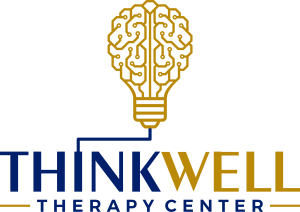Does Having A BCIA Certified Technician Matter?
When seeking neurofeedback services, it is important to consider the credentials and qualifications of the practitioner providing the treatment. Choosing a practitioner who is BCIA (Biofeedback Certification International Alliance) certified in neurofeedback offers
several benefits compared to someone who is not trained or certified.
1. Expertise: BCIA certification indicates that the practitioner has undergone rigorous training and met professional standards in the field of neurofeedback.
They have demonstrated competence in understanding and applying the principles of neurofeedback, including knowledge of brain anatomy, physiology, and neurofeedback protocols. This ensures that they have the expertise to provide effective and safe neurofeedback treatment.
2. Quality Assurance: BCIA certification ensures that the practitioner adheres to ethical and professional standards in their practice. They are bound by a code of ethics that emphasizes the well-being and safety of clients, and they are required to engage in ongoing professional development to maintain their certification. This provides a level of quality assurance and accountability for the services they provide.
3. Client Safety: Neurofeedback involves working with the brain, which is a complex and delicate organ. A BCIA-certified practitioner is trained to assess and monitor the clients condition, customize treatment protocols, and make appropriate adjustments to ensure the safety and comfort of the client throughout the neurofeedback process.
4. Personalized Treatment: BCIA-certified practitioners are trained to conduct comprehensive assessments and develop personalized treatment plans based on the clients unique needs and goals. They use evidence-based protocols and techniques to tailor the neurofeedback sessions to the individual, optimizing the effectiveness of the treatment.
5. Results-driven: BCIA certification indicates that the practitioner is trained in using neurofeedback as a therapeutic intervention to target specific symptoms or conditions. They are equipped with the knowledge and skills to monitor progress, evaluate outcomes, and make adjustments to the treatment plan as needed to achieve optimal results.


